Eating With Graves Disease
Last Updated on July 28, 2024 by Anna Baumann
Eating with Graves Disease
Since my diagnosis in 2015, I’ve been overwhelmed by the countless theories on eating with Graves Disease. I’m so aware of what I consume that food isn’t fun anymore. But I try it all, hoping that something will trigger a consistent sense of feeling and looking good.
A while back, I had an appointment with my OBGYN. We were following up on some of my most recent issues. Like I’ve developed a bloated stomach, the inability to lose weight, and the sudden urge to either burst into sobbing tears or seething rage. These things can either be female hormone-related or Graves-related. (I’m at a confusing age. More on that here.) Who knows? I can live with all of it. But it would be nice if I could lose ten pounds and consistently feel sane.
I’m not severely overweight, thank God. But I’m much more than I’d like to be and can’t seem to lose it no matter what I do! When I mentioned this, my doctor recommended I read The Obesity Code: Unlocking the Secrets of Weight Loss. The author is a medical doctor. I liked that its purpose was weight loss and not another autoimmune protocol type thing. So when I got home, I downloaded it onto my Kindle and read it.
What I learned from reading The Obesity Code
Intermittent fasting and eating unprocessed foods are the main points of the book. The author talks about insulin resistance and all of the other reasons why people gain weight. Some of it was a bit over my head. But most of it made good sense so I decided to give it a try.
I’ll let you read the book for all of the fasting details. I honestly didn’t even know if I’d be able to do it because I’m a huge breakfast person. So I started off slowly. Instead of doing full 24-hour fasts every other day, I did all of my eating within 8 hours and fasted for 16. This worked out okay and was something I thought I could probably do long-term.
The Pros and Cons of Intermittent Fasting
Pros
- I slept a bit better. Not really more or longer, just deeper and I felt more refreshed when I woke up.
- I had a bit more energy. Instead of pushing myself to walk farther or more often, I just plowed through. I looked forward to getting out and taking long walks every day and wasn’t completely exhausted afterward.
- It’s an easy diet to start and follow. It’s not like you have to go out and stock your kitchen with special foods or anything. You just, stop eating.
Cons
- I lost three pounds in the first week. I lost nothing else after five more weeks. Not. One. Single. Pound.
- I ate less than I ever have in my life and still didn’t really lose weight. I mean those three pounds could have just been water weight right? How is this even possible? I wondered what would happen if I stopped doing it? Would I gain even more? I didn’t, thank God, but it was a scary thought!
- Fasting isn’t always convenient. Family dinners, parties, picnics, and lunch dates can all be tolerated on any other kind of diet. You can always find the type or amount of food that you need if you’re dieting. But not eating at all can be a real drag.
In a nutshell, it was okay. Not exactly a triumph, and not a complete waste of time. But Weight Watchers, Paleo, and calorie counting haven’t moved the scale for me either.
What I’ve Learned About Eating with Graves Disease
Weight changes aren’t the only Graves Disease symptom impacted by what we consume. Although I haven’t been able to pinpoint my weight loss formula, I have learned some things about eating with Graves Disease.
- Caffeine worsens tremors and anxiety. Mostly I drink herbal tea, decaffeinated tea, or decaffeinated coffee. If I want more of a pick-me-up, I have one cup of green tea. No more than that though or I feel jittery and can’t sleep.
- Sugar causes inflammation. That’s what I’ve read. I don’t know how inflammation feels. But I do know that too much sugar worsens my brain fog. It also gives my skin an itchy-creep-crawly feeling. Gluten is supposed to be inflammatory as well. But I personally don’t feel any different when I eat or eliminate it.
- Home-cooked beats eating out or processed foods. I almost always have some kind of “intestinal distress” when I eat restaurant food. It doesn’t matter where it’s from or what I order. And processed foods that I used to love, like my beloved Pop-Tarts, give me stomach issues and the creepy-crawlies.
- Yogurt and probiotics are not always helpful. Gut health is supposed to be a big important thing for people with Autoimmune Disease. Maybe I just haven’t found the right bacteria yet. But so far they all make me feel worse instead of better.
This whole Graves Disease thing is a constant learning process. One day we’re living and eating normally, then we’re trying to fix a leaky gut and figure out what autoimmune protocol means. Gluten-free eating for almost three years didn’t put me in remission. (More on my GF experience here.) Organic Kefir did nothing towards “healing my gut”. Eating out gives me anxiety because who knows how much salt, sugar, and chemicals are in my food. If it’s not one thing, it’s another.
Is there a diet change that is the key to living with Graves Disease?
I’m sure there is. But like all Graves Disease-related things, we all have a different key.
My experiences eating with Graves Disease are personal to me. The things that haven’t worked out still work great for many other Gravesters. Some swear that going Gluten-free was the best thing they’ve done their whole lives. Others have great results in losing weight with the methods that didn’t work for me.
I try everything because I can’t not know. I can’t not know if something would have worked if only I would have given it a shot. We have to stay hopeful my friends! Graves Disease isn’t a curable condition. But there are a lot of things out there that help a lot of people. Get your doctor’s input on the big stuff. But when you stumble upon something that’s working for someone else, try it! The key is to never give up. ?
“I have not failed. I’ve just found 10,000 ways that won’t work.” ~ Thomas Edison
Disclaimer: This post is based on my own personal experience. It is not intended as medical advice. It is not intended to diagnose, treat, cure or prevent any disease or medical condition.
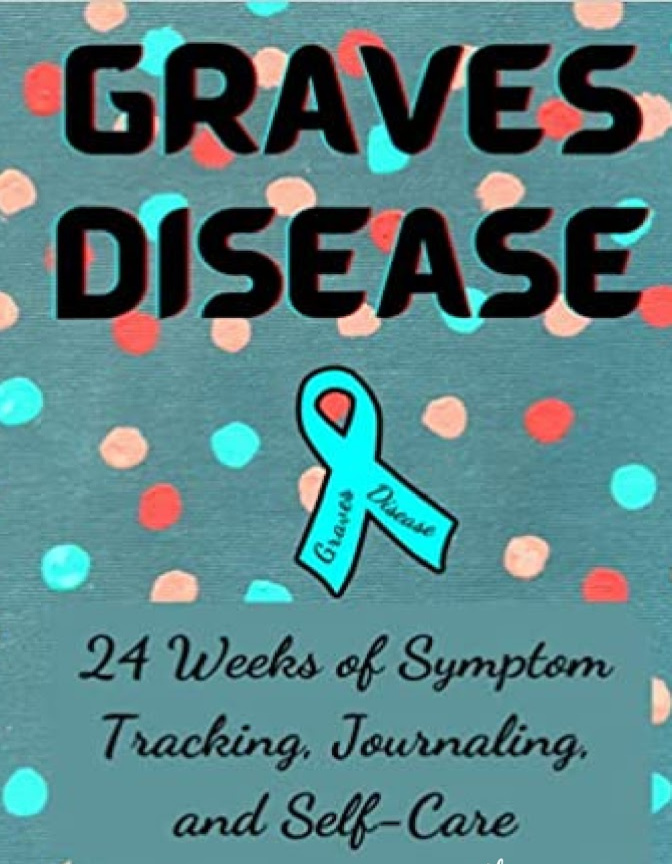
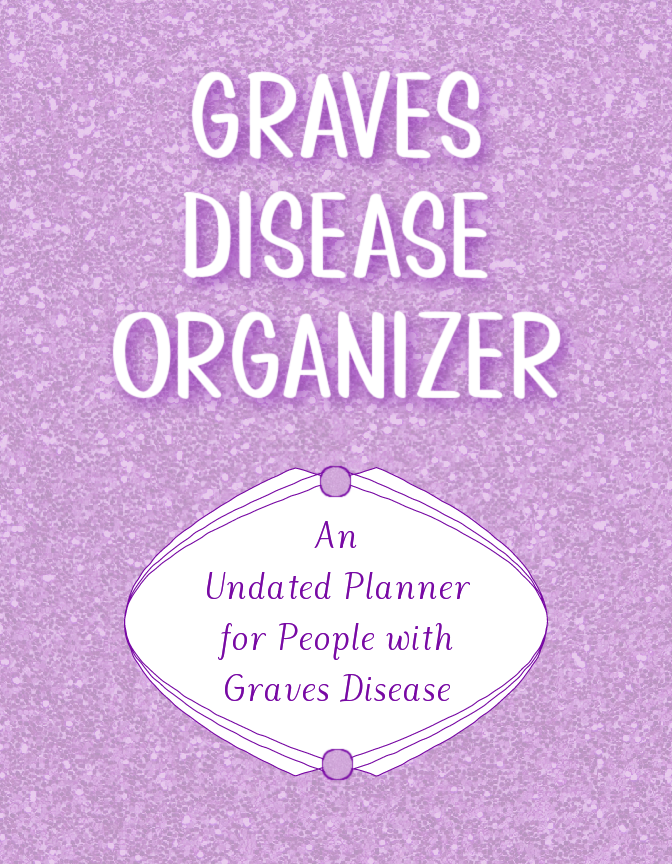
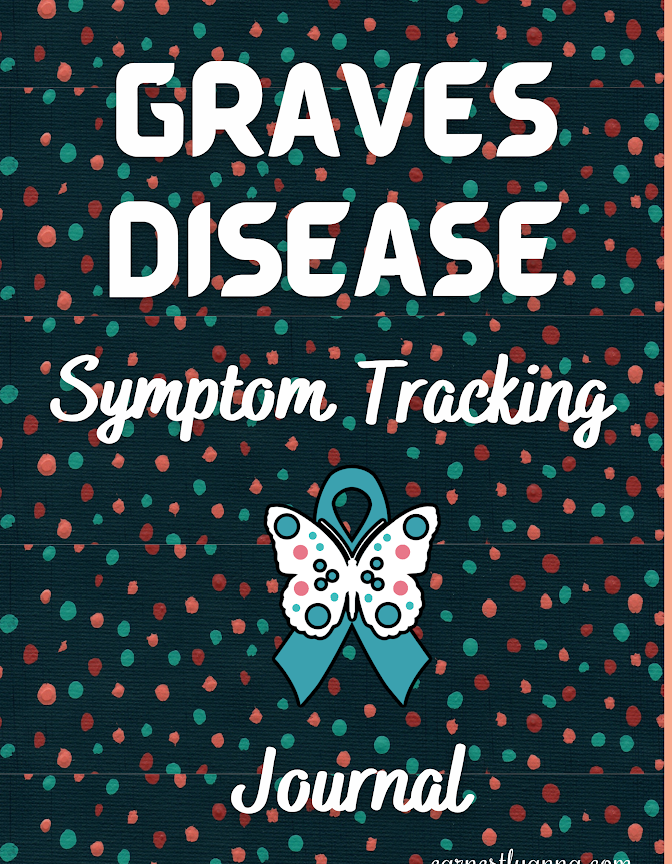

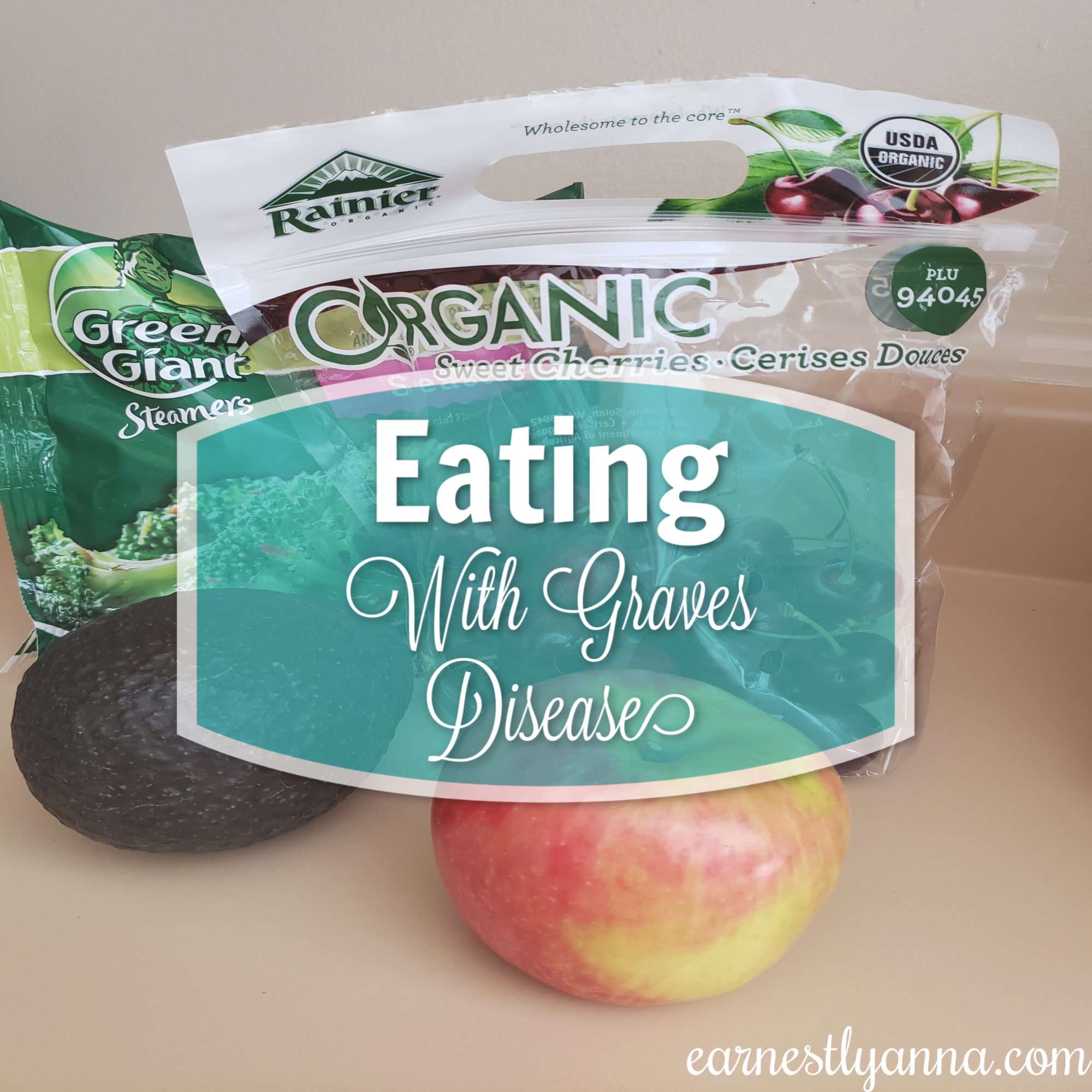
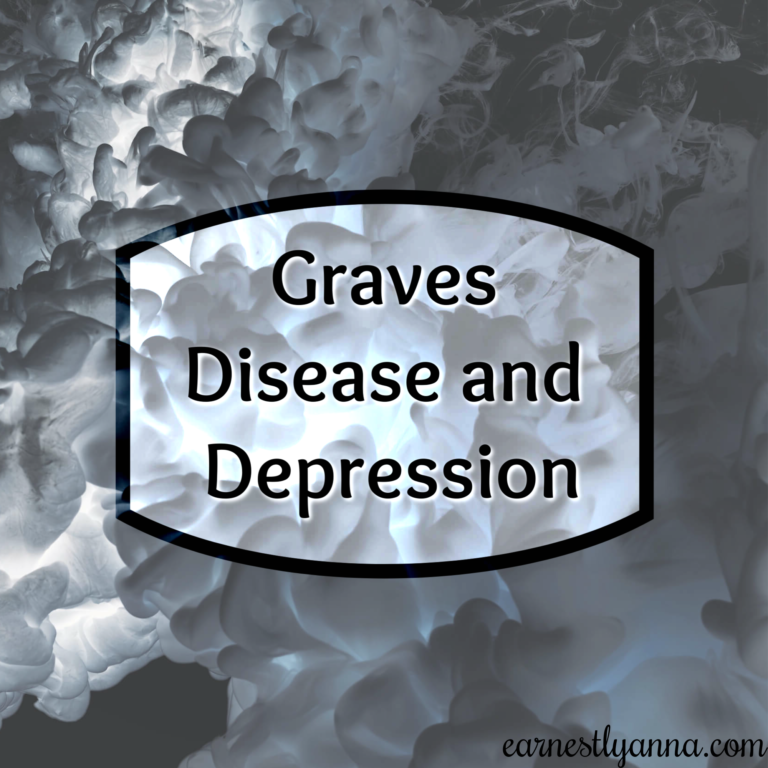
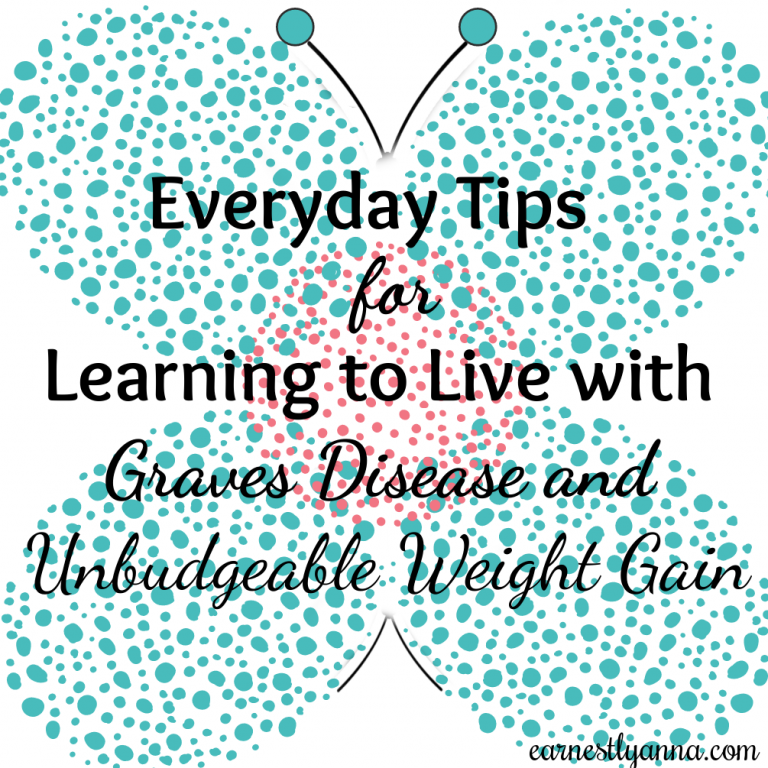
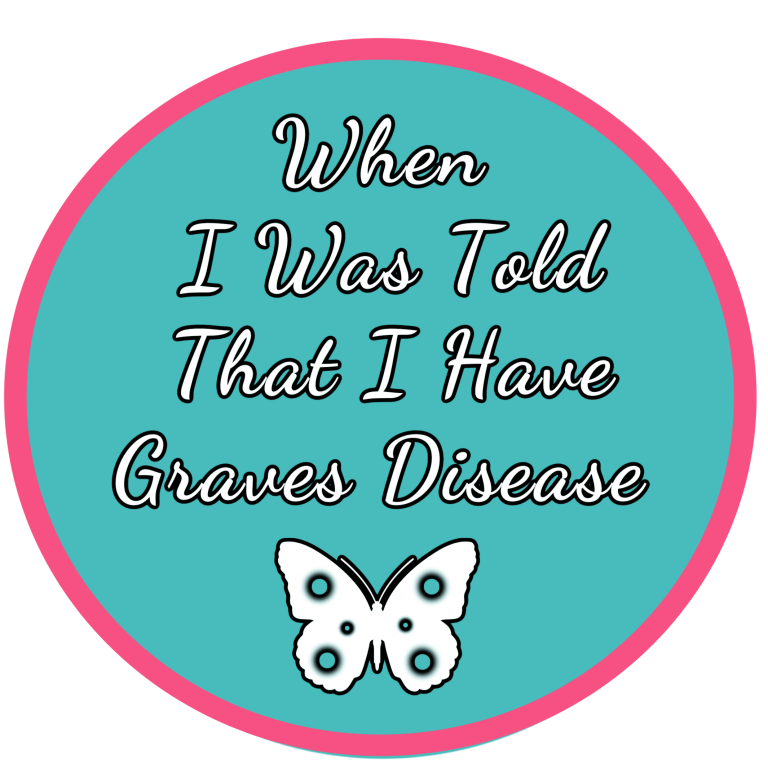
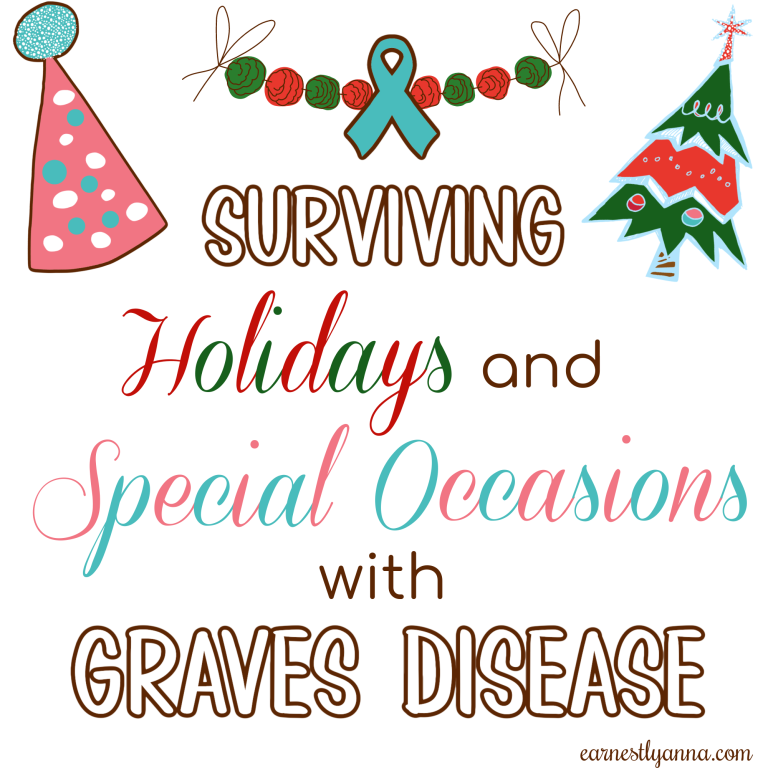
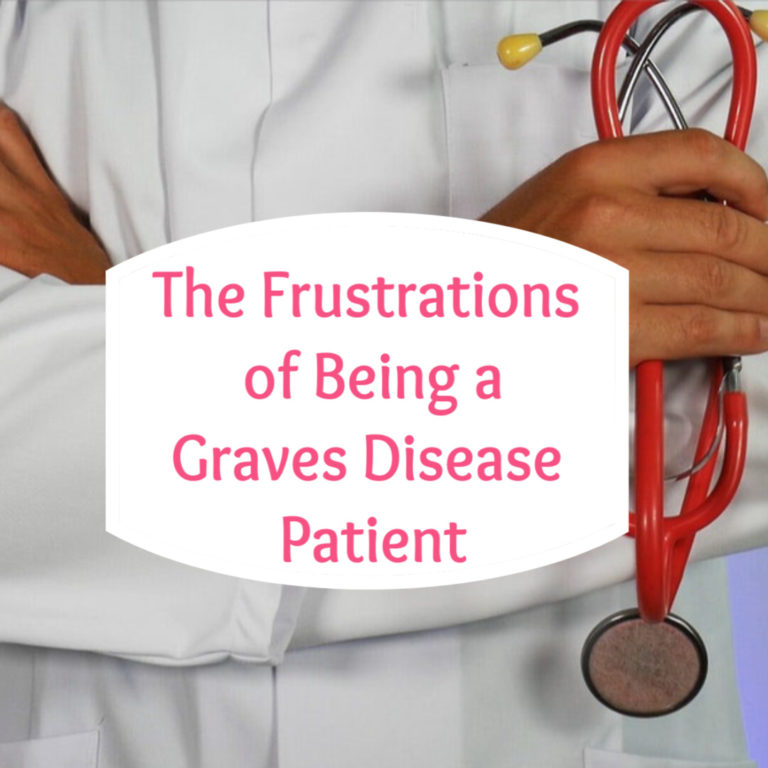
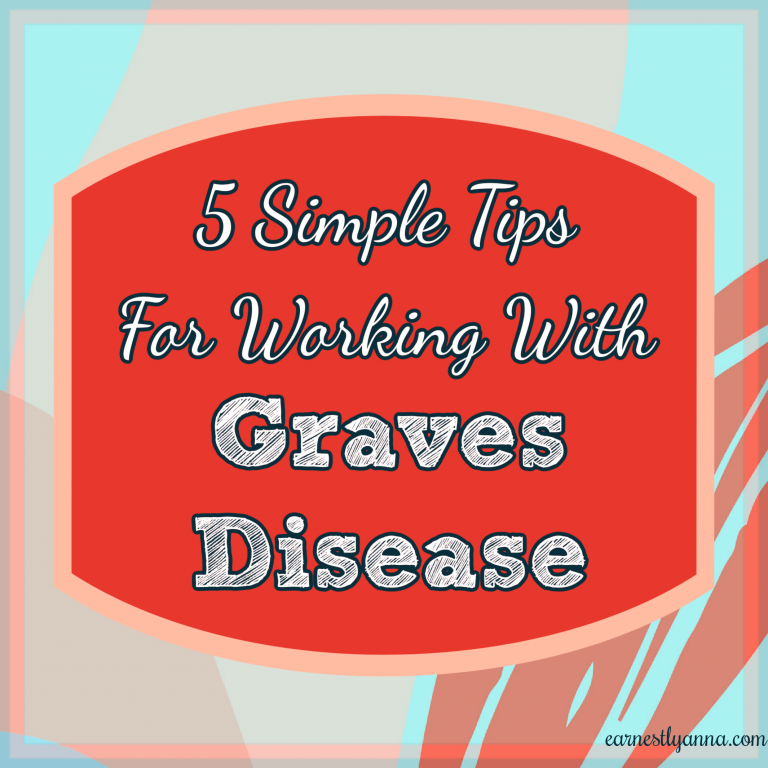
Try drinking healthy juices (I love beet/carrots/apples/celery) as part of your lifestyle. Eat but watch what you eat: In small amounts, only bit of unhealthy snacking, reduce gluten/soy/processed and SWEETS/Sugars. Exercise daily even for 15 minutes. Dont overdo it.
These are the things I do, somehow I’m feeling better than before (incl. my weight). Hope this helps. 💛 Praying for our body healing. 💛
Thank you Mariel, for the great advice and the prayers! 💕🙏
I also am in the dental field, for about 40 years now. This past February I found out I have thyroid problems. A few months later I was told it was Graves’ disease. I have been trying to use this diet given to me by a functional medicine nurse. It seemed to be working, I wasn’t feeling the aches and pains anymore. My stomach didn’t feel blotted either. The biggest problem for me was that I started loosing weight pretty fast. Since February I have lost a total of 27 pounds. That may sound good, but I wasn’t that big to start with. If you have any other suggestions, I am open to them. Thanks again for posting your experience.
Theresa
Hello Theresa! It’s so lovely to “meet” a fellow Gravester in the Dental field! 🤗 Have you talked to your MD about your weight loss? I know you mentioned a functional medicine nurse, which is excellent. But, I’m not sure there are natural ways, that work consistently, to correct Hyperthyroidism caused by Graves Disease. When I was diagnosed and severely Hyperthyroid, I was placed on a medication called Methimazole. I took that for almost two years and then had my thyroid removed. I love natural remedies and think there are many wonderful things out there to help ease our symptoms and improve our quality of life. But, you may truly need medical intervention to actually remove the problem created by your body attacking itself. I hope you’re able to get some answers very soon! Please check back in and keep me/us posted on your progress. Good luck and God Bless!
How did you lose weight pls guide me. I also have Graves’ disease and just started taking methimazole.
Hi Theresa! I gained weight before I was diagnosed then lost a bit when I started Methimazole. I’ve been up and down and tried a bunch of different diets over the years. What’s finally working for me is Weight Watchers. I started it for the THIRD time just over a year ago and was back to my pre-Graves weight in about 6 months (20 lbs). I know 6 months is a long time to lose 20 pounds but I was happy and surprised that it finally came off. I don’t know why it worked for me this time. It might just be hormonal and I’m not convinced I won’t gain it back. Graves is tuff when it comes to weight loss or weight gain and nothing works the same for everyone. The best advice I can give you is to talk to your doctor and see if he or she has a favorite plan or lifestyle change they can recommend. Be open to trying new things, and remember you’re still beautiful. You and your body are just going through a tuff time right now.